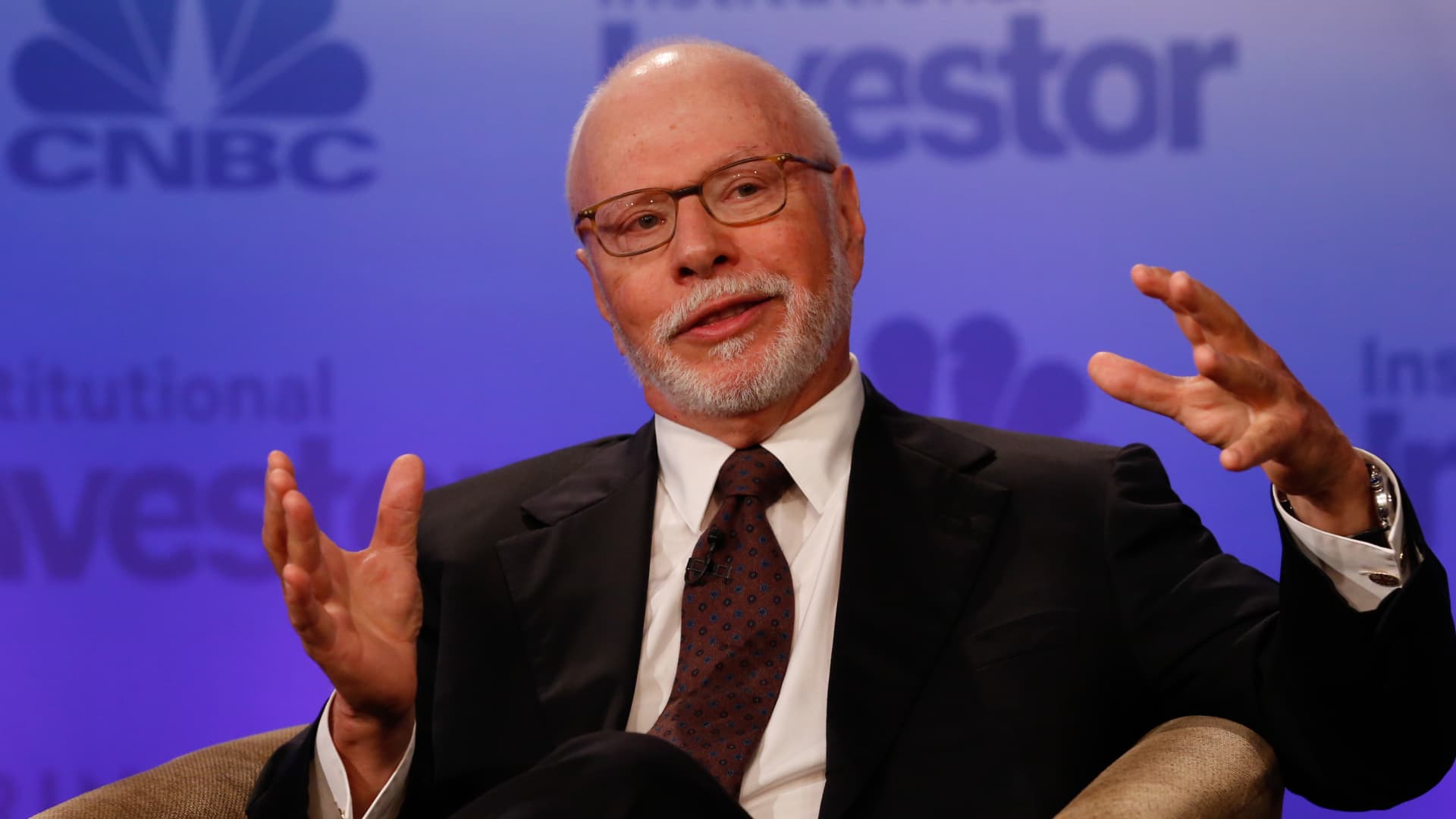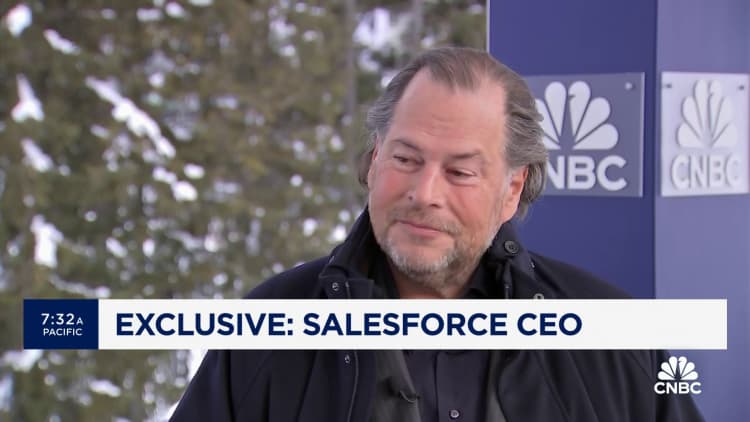

Paul Singer speaking at the Delivering Alpha conference in New York on Sept. 13, 2016.
David A. Grogan | CNBC
Activist investors are circling the tech market.
That’s because, after a two-year plunge in mergers and acquisitions across the industry, there are signs of life to start 2024, with expectations that many more deals are on the way.
For some activists, who take significant stakes in companies often with the ultimate objective of pushing for a sale at a higher price, their campaign efforts can only fully pay off if there’s an active market of buyers. While they can pressure executives to cut costs and improve operations, to profit from their investments, they generally need to see some sort of deal.
An investment banker who advises tech companies told CNBC that his firm is warning clients of a changing environment. The banker, who asked not to be named because he wasn’t authorized to speak on the matter, said his team is telling companies that longer-term activist shareholders are poised to start pushing for breakups or sales, as cost-cutting opportunities diminish.
Tech, media and telecom deal volume peaked at $856 billion in 2021, the year the bull market of more than a decade came to an end. That number dropped to $565 billion in 2022 and plummeted by more than half last year to $255 billion, according to PwC.
Rather than opening their wallets for acquisitions, companies were announcing mass layoffs and other cost cuts, acknowledging that they’d hired too aggressively during the Covid boom. Instead of growth subsidized by the capital markets, tech companies started focusing on operational efficiencies.
Layoffs in the industry jumped about 60% last year, with almost 1,200 companies eliminating more than 262,000 jobs, according to the website Layoffs.fyi.
“A very big portion of these companies are engaging in these layoffs because they are under pressure from an activist behind the scenes,” Sidley Austin shareholder activism and defense co-chair Kai Liekefett told CNBC. “Activists believe that founder-led companies are rarely run efficiently. They think they are run like a frat house.”
While job cuts continue to hit the headlines — January has been the busiest month for layoffs since March — some companies are showing a willingness to start spending big again.
So far this month two mega tech deals have been announced. Semiconductor design and software company Synopsys agreed to acquire Ansys, an engineering and product design software firm, for about $35 billion. And Hewlett Packard Enterprise said it’s buying networking gear vendor Juniper Networks for around $14 billion. Juniper had been targeted by activist hedge fund Elliott Management almost a decade ago.
Also in January, diversified tech company Roper announced its $1.75 billion purchase of software developer Procare Solutions.
Two different activists are pushing Twilio to sell itself or break up, CNBC has previously reported. In January, Piper Sandler analysts floated Adobe or Zoom as potential strategic buyers of Twilio, which has a market cap of over $13 billion.
Salesforce was able to put activist campaigns to bed last year, largely through quick cost-cutting measures. In January 2023, shortly after Elliott was reported to have a multibillion-dollar investment in Salesforce, the company cut 10% of its staff and emphasized a renewed focus on profitability. Salesforce just eliminated another 700 jobs, or about 1% of its workforce, according to the Wall Street Journal.
Activists have shown in the recent past they can push tech companies toward the M&A market.
In October 2022, Starboard Value disclosed a nearly 5% stake in Splunk and called the company a “highly strategic” asset for the right acquirer, specifically noting Cisco’s interest in the company. Less than a year later, Cisco said it would acquire Splunk for $28 billion deal, up from a market cap of about $11.4 billion when news of Starboard’s involvement first surfaced.
Cisco chairman and CEO Chuck Robbins and Splunk CEO Gary Steele on CNBC’S Squawk on the Street.
CNBC
Renewed dealmaking isn’t the only development keeping activists busy.
In 2022, the SEC introduced what’s called the universal proxy card, which lists all director nominees, from both management and shareholders, on one card rather than competing slates.
The rule hasn’t yet had much of an effect, but there are signs that could be changing. At Starbucks, for example, trade union coalition Strategic Organizing Center is angling to secure board seats on a campaign focused on the company’s treatment of workers, the Financial Times reported.
An activist advisor, who requested anonymity in order to speak freely about sensitive matters, said that numerous proxy fights are “in the pipeline,” and that companies may be less willing to hand over control of the board without a battle.







